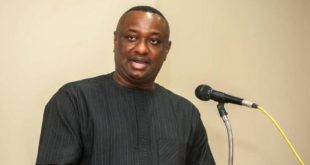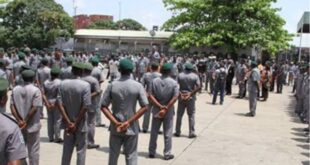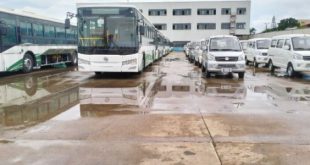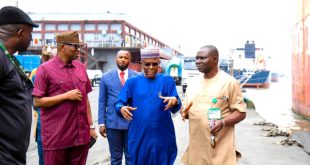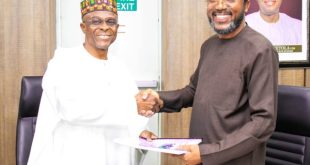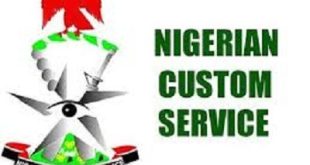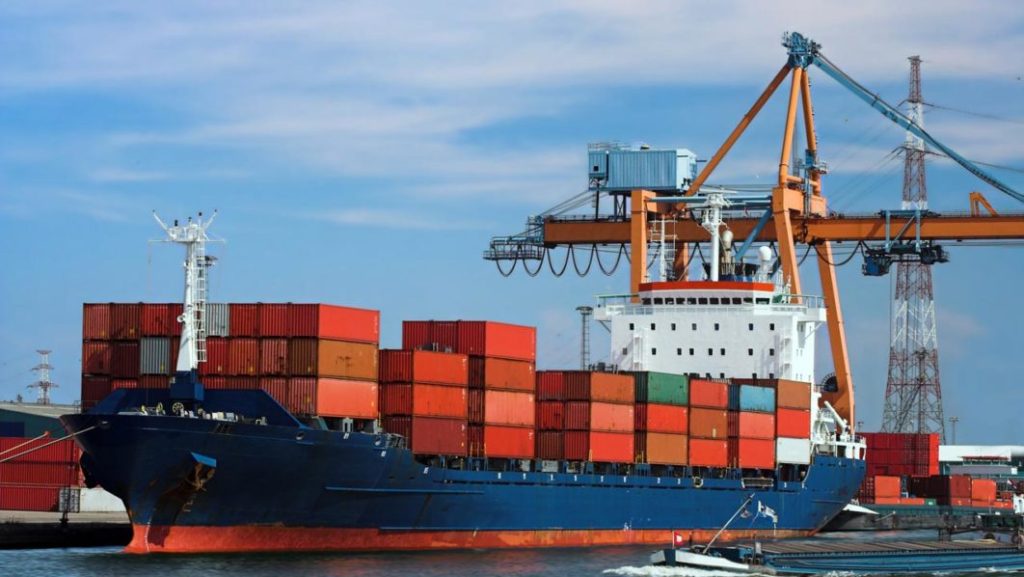
President of the Maritime Security Providers Association of Nigeria (MASPAN), Emmanuel Maiguwa, said the cost of building ships in Nigeria is 60 per cent higher than importing the same. He added that the challenge is a bane of cabotage implementation in the country.
Maiguwa, who is the Chief Executive Officer of Bricks Murstern Mattoni Limited, stated this on his official X-handle @EMG_Maiguwa.

According to the maritime expert, one of the goals of the Cabotage Act was to build Nigeria’s capacity in shipbuilding, while noting that one of the many problems of the Cabotage Act is Part 3, Sub 13 where a vessel is built one time but keeps paying a waiver on it every year.
Maiguwa observed from his private records, that Nigerian shipowners have acquired not less than 500 units of new vessels since the cabotage’s inception in 2003, noting that the figure excludes vessels acquired by government agencies.

“This means the demand for new buildings is not the issue, and shipyards can have access to guarantee orders. Understanding what a country needs to build a ship will inform one that the Nigerian Maritime Administration and Safety Agency (NIMASA) alone cannot develop this. He said building ships requires deliberate policies that provide steel and a special excise duty framework for machinery used in building a ship.
According to him, there has to be a national policy backed by deliberate presidential action that brings the Nigeria Customs Service (NCS), coastal states and NIMASA to achieve shipbuilding if that is important for the country.
“The engagement has been absent in reviewing our capacity and advantage in building ships since the Nigerian Navy organised the first Africa Offshore Patrol Vessel (OPV) conference, where stakeholders analysed Africa’s potential to build OPVs to meet its demands.
“Nigeria and South Africa were identified with the potential, but stakeholders believed only one would emerge. The main driver of the marine economy is the ship. Acquiring and maintaining her to ensure optimum engagement must be made easy,” Maiguwa stated.
Maiguwa stated that as the government and stakeholders have expressed the desire to tap into the opportunities of the marine economy to meet the developmental goals, they must remember that this is only achievable if they develop the shipping industry, which is currently non-existent.
He said for too long, everyone has been carried away with the oil and gas sector that is domiciled in the maritime space and introducing all sorts of tariffs, which only increase the cost of production for crude oil.
Maiguwa said this practice only succeeds in reducing NNPC’s profit margin, adding that the problem of the country is that shipping is dead, while it is sad that many industry leaders have failed to see this and come up with a realistic approach.
“One of the many problems of the Cabotage Act is Part 3, Sub 13. How do you build a vessel one time but keep paying a waiver on a built item every year? The waiver of the build should be settled one time on entry. This should also be required for vessels intending to trade under our cabotage only.
“Vessels that only want to fly the Nigerian flag should be incentivised rather than asked to pay a built waiver. The Nigerian registry domiciled at NIMASA must be more innovative to catch up with modern shipping practices,” he added.
 MMS PLUS NG – Maritime, Aviation, Business, Oil and Gas News Online Newspaper with coverage in Maritime, Oil and Gas, Aviation, Power and Energy as well as Financial News
MMS PLUS NG – Maritime, Aviation, Business, Oil and Gas News Online Newspaper with coverage in Maritime, Oil and Gas, Aviation, Power and Energy as well as Financial News




